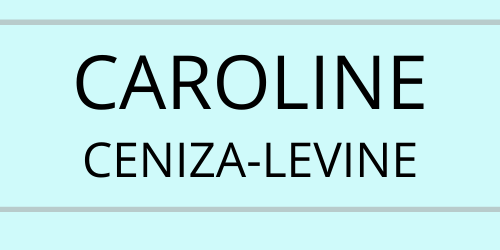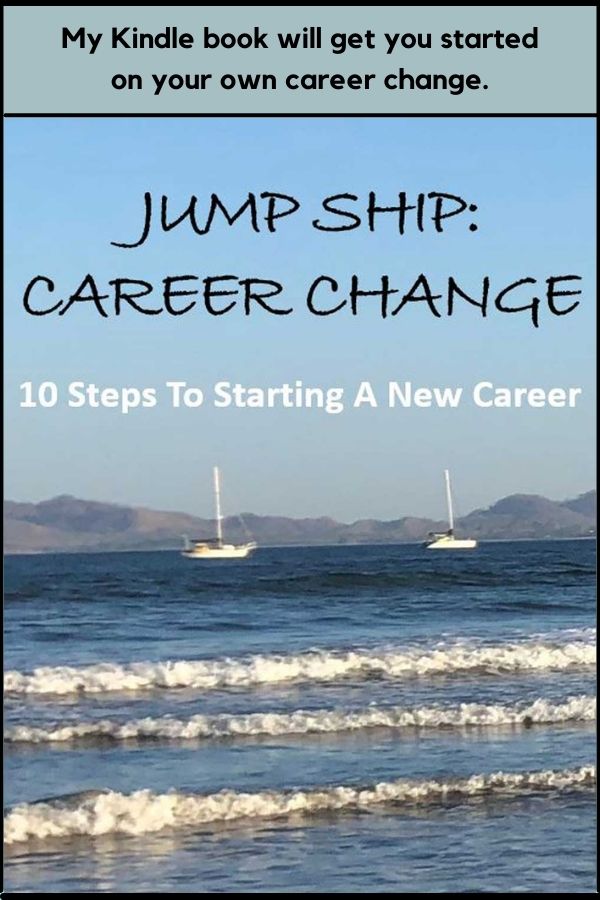How do you answer this question: “What have you been up to lately?” Why do they ask this question in the beginning of the interview? What are they looking for in my answer? I want to answer it in a positive way….I think that question sets the tone for the whole interview, and it’s too personal for me.
– Brenda, stay-at-home caregiver
There is no such thing as small talk during a job interview. Every word looms large because you detail your experience, demonstrate your expertise and showcase your personality with everything you say. This stay-at-home caregiver is smart to think strategically about how to answer because the way you start an interview can set the tone for what’s to come. (This short video has more tips on how to start a job interview strong).
That said, this isn’t a trick question. Most employers want candidates to feel comfortable during the interview, so they start with small talk to ease into the conversation, much like people open with small talk at social events or even work meetings. I say “most” employers and not all because some interviewers will just jump right into their checklist of interview questions. You want to be prepared for all types of interviewers – the friendly and the hostile.
Given that you should expect some small talk to open the interview, prepare general topics to talk about. Below are four subjects to choose from, and reasons why you might select one over the others. Pick what comes easily to you because you want to be as confident and comfortable in your opening remarks as you can be:
1 – Show you’re well-rounded by sharing a hobby
Sharing a hobby works especially well if the interviewer asks about your weekend upcoming summer or holiday plans. I have interviewed candidates who talk about fitness, arts, volunteer work or something they’re learning, such as cooking a new cuisine. Sharing a hobby showcases another side of yourself than what the interviewer has already seen on the resume.
Brenda mentioned that the small talk she experienced during job interviews has seemed too personal. The thing is, you do want to develop rapport with the interviewer, and getting personal is one way to do that. Sharing a hobby is something that can be perceived as personal but doesn’t have to be too personal, especially if you decide in advance how much you’re going to share.
2 – Highlight your personal development by summarizing what you’re reading
If you’re not hands-on with any particular hobby, you can instead talk about a book or article you have recently read. If it’s work-related, it’s an easy transition to dive into the rest of the interview. If it’s a leisure topic, then it serves the same purpose as talking about a hobby – i.e., providing a window into another aspect of your personality and interests. Not everyone is an avid reader, so it also shows that you invest in your own personal development
In Brenda’s case, she has spent over a year on family leave and household obligations, which the interviewer may or may not see as translatable to the work environment. By selecting a different activity to open with, Brenda can direct the conversation to be about what she knows and how she is staying intellectually nimble. Focusing on something she read about, rather than did, is another way of setting boundaries and not sharing too personally since she would rather not.
3 – Deepen rapport by mentioning something you have in common
If you are able to research your interviewer in advance and identify shared interests or experiences, you can mention being active in that very thing, so the interviewer realizes you have overlaps in your background. For example, if you see on the interviewer’s profile that they are a trained musician or are part of an arts organization, you can mention practicing that very instrument (of course, only if it’s true!) or attending a concert.
Rapport is important because people want to work with people they like. The interview is about getting to know candidates as people and not just workers.
4 – Steer the interview to your expertise by discussing industry news
Part of preparing for a job interview is researching the company, its industry and the general economy. Showcase your research by talking about what you have been learning. You can inject your personality into the discussion by highlighting what you find particularly interesting.
You can demonstrate your expertise by sharing your ideas on business challenges. You can transition into the official job interview by mentioning how you might approach the job differently based on your understanding of the environment. This could be an ideal solution for Brenda who wants to stay away from personal topics during the interview.
Remember that all questions are really, “Why should I hire you?”
You can’t really know why an interviewer picks a specific interview question, as there are so many to choose from. What you can be sure of is that the interviewer is trying to assess if they should hire you or at least bring you back for another interview. To that end, everything you say, whether it’s small talk at the beginning or to explain your relevant experience, is to build the case that they should want you. Make small talk that’s friendly enough that people want to work with you and that’s intelligent enough that people get a sense for your expertise.






